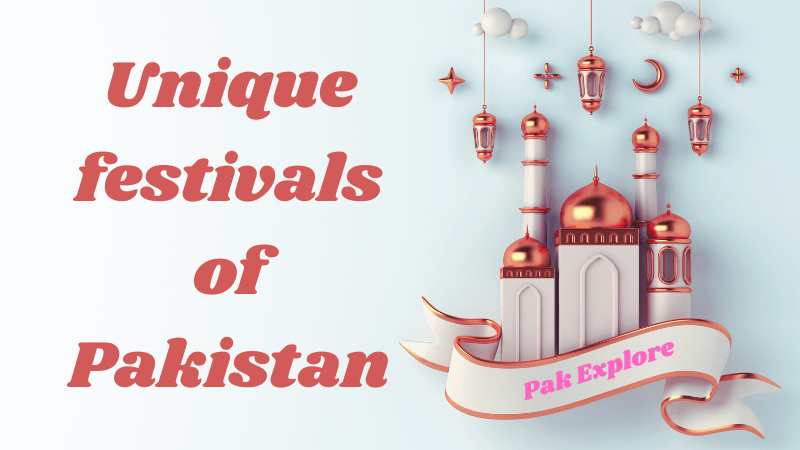Top 10 Unique Festivals of Pakistan
Unique Festivals of Pakistan:
A Celebration of Diversity and Tradition
Pakistan is a country with a rich cultural tapestry, woven from the vibrant customs, traditions, and festivities of its diverse ethnic and religious communities.
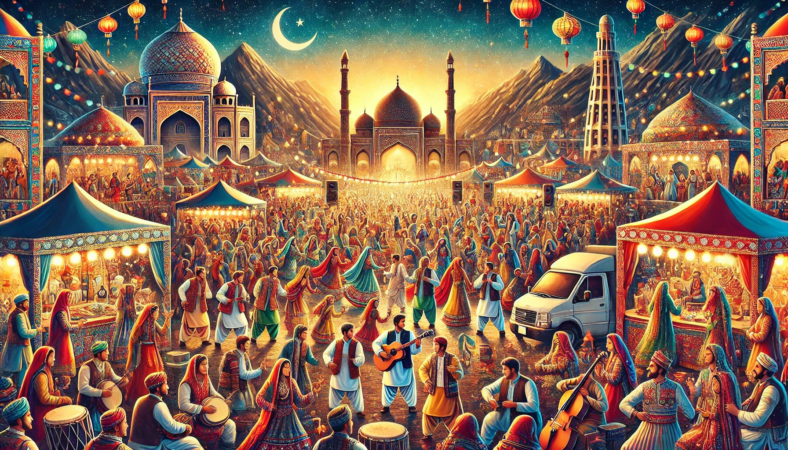
These unique festivals not only reflect Pakistan’s cultural heritage but also strengthen the bonds within communities and promote harmony. From religious observances to seasonal celebrations and traditional fairs, Pakistan’s festivals showcase its dynamic cultural landscape.
Unique festivals of Pakistan on youtube
Unique festivals of Pakistan on facebook
Table of Contents
1. Basant Festival – (The Kite-Flying Festival)
Basant, celebrated primarily in Lahore and other parts of Punjab, marks the arrival of spring with a burst of colors in the sky. The kite-flying festival usually takes place in February, when people gather on rooftops and open spaces to fly kites of all shapes and sizes.
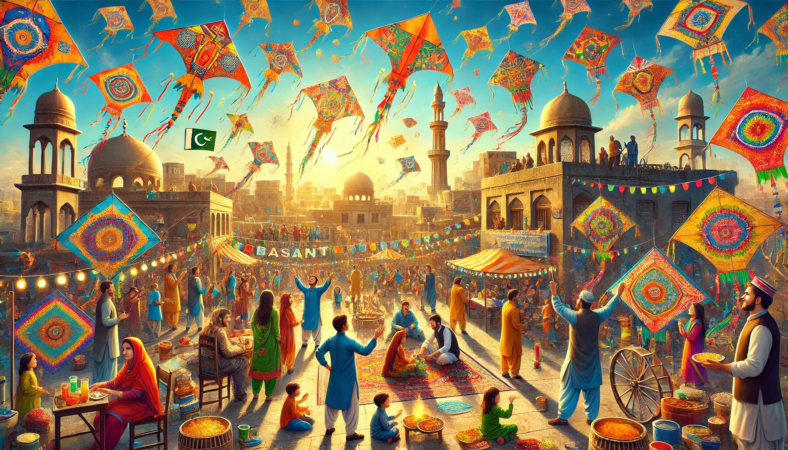
Cultural Significance: Basant is deeply rooted in the Punjabi culture, representing joy, renewal, and the end of winter. It has traditionally been celebrated with great enthusiasm, and locals dress in bright yellow attire to signify the blooming mustard flowers in the fields.
Festivities and Activities: Aside from kite flying, Basant festivities include traditional music, food, and gatherings where people celebrate with family and friends. Although regulations have restricted certain practices, the spirit of Basant lives on in community events and gatherings across Punjab.
2. Eid-ul-Fitr – (The Festival of Breaking the Fast)
Eid-ul-Fitr is one of the most widely celebrated religious festivals in Pakistan, marking the end of the holy month of Ramadan.
Religious Significance: Eid-ul-Fitr holds great religious significance as it symbolizes gratitude for the successful completion of Ramadan. It is a day of joy, forgiveness, and giving, where people are encouraged to help those in need.
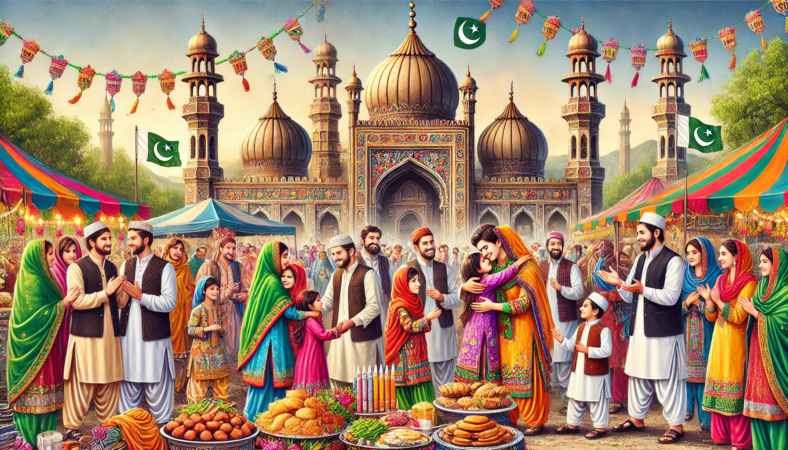
Celebrations: The day begins with special prayers, after which families gather for a lavish breakfast. People wear new clothes, visit loved ones, and give gifts to children. Additionally, charitable giving, known as “Zakat-ul-Fitr,” is an integral part of the celebration, emphasizing compassion and unity.
3. Eid-ul-Adha –(The Festival of Sacrifice)
Eid-ul-Adha, known as the “Festival of Sacrifice,” is celebrated to commemorate Prophet Ibrahim’s willingness to sacrifice his son as an act of obedience to God.

Religious Observance: The festival begins with communal prayers, and Muslims perform the ritual of animal sacrifice. The meat is then distributed among family, friends, and the underprivileged.
Social Bonding: Eid-ul-Adha highlights the importance of sharing and giving, fostering a sense of community and social responsibility. It is a time for family gatherings, feasting, and extending kindness to those in need.
4. Shandur Polo Festival – (The Game of Kings)
The Shandur Polo Festival is one of Pakistan’s most unique sports events, held annually at the Shandur Pass, which sits 12,000 feet above sea level in Gilgit-Baltistan.
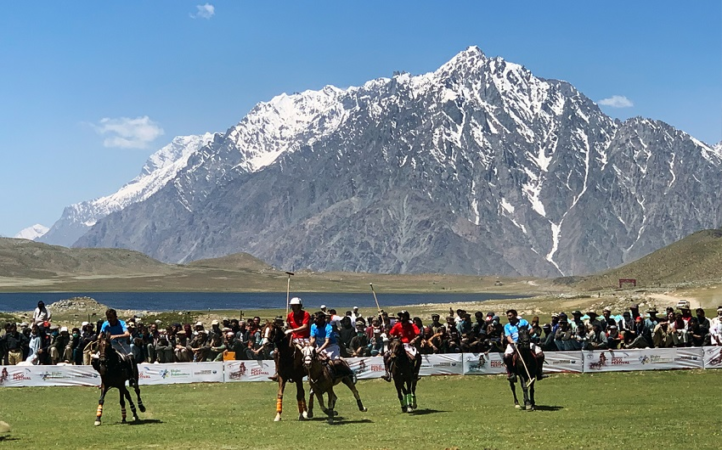
Spiritual Importance: The festival symbolizes the teachings of Sufism, focusing on love, tolerance, and spiritual enlightenment. Devotees from various backgrounds gather to pay homage to Shah Hussain, also known as Madho Lal Hussain.
Celebration: The three-day event includes the lighting of lamps, Sufi music, poetry recitations, and qawwali (spiritual music). Mela Chiraghan is particularly popular among the Sufi community and highlights Pakistan’s rich mystical traditions.
6. Kalash Festivals – (Celebrating Unique Heritage)
The Kalash people of Chitral celebrate several unique festivals, reflecting their distinct culture and religious beliefs. The most notable among them are Chilam Joshi, Uchal, and Choimus.

Chilam Joshi: Celebrated in May, Chilam Joshi is a spring festival where the Kalash people express gratitude for nature’s blessings. Men and women dress in vibrant traditional attire, perform traditional dances, and sing songs to mark the beginning of the harvest season.
Uchal and Choimus: Uchal is a summer festival celebrated in August, while Choimus is a winter solstice festival held in December. These festivals include rituals, prayers, and offerings to their deities, providing a glimpse into the Kalash community’s unique heritage and way of life.
7. Sibi Mela – (A Traditional Livestock Festival)
Sibi Mela is one of Pakistan’s oldest festivals, held annually in Sibi, Balochistan. Originally a livestock fair, it has now evolved into a cultural and agricultural event.
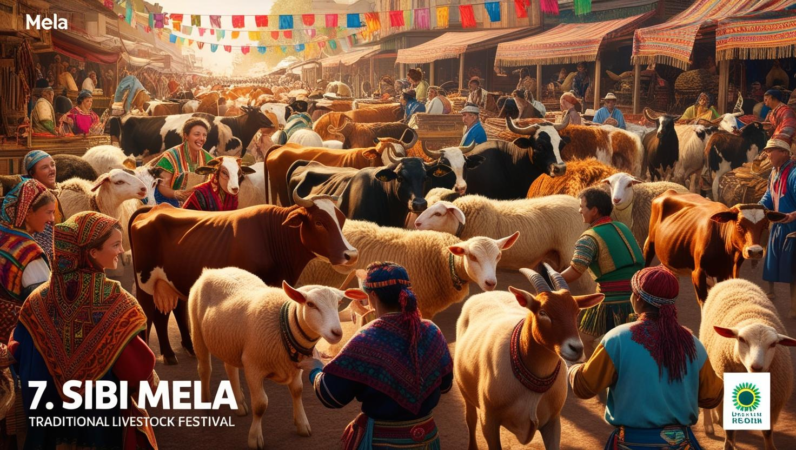
Historical Roots: The Sibi Mela dates back to the colonial period, and it is a traditional gathering for livestock traders and local artisans.
Festival Attractions: The event features livestock exhibitions, folk dances, and handicraft displays. Horse racing, camel wrestling, and other traditional sports are also organized, drawing large crowds and offering a vibrant insight into Balochistan’s cultural heritage.
8. Lok Mela – (A Celebration of Folk Heritage)
Lok Mela is a national folk festival organized by the National Institute of Folk and Traditional Heritage (Lok Virsa) in Islamabad.
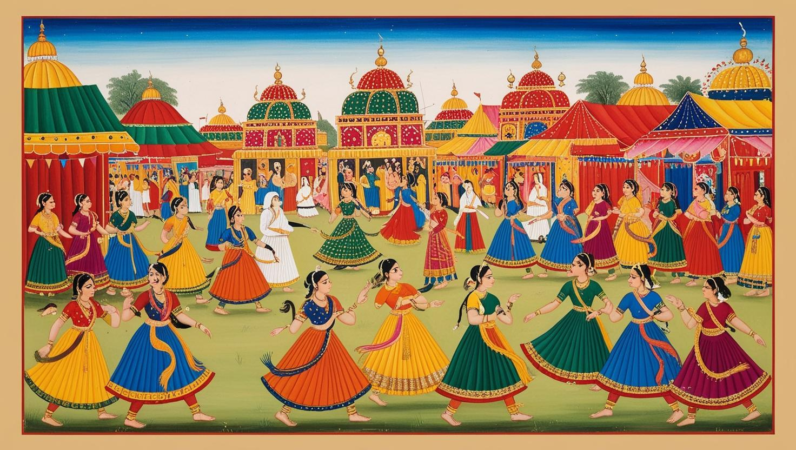
Cultural Significance: Lok Mela celebrates the folk heritage of all provinces, providing a platform for artisans, musicians, and performers from rural areas to showcase their skills.
Activities and Exhibitions: The festival includes craft displays, folk music performances, and traditional dances from various regions of Pakistan. It serves as an avenue for cultural exchange and helps preserve traditional arts.
9. Baba Guru Nanak Jayanti – (Honoring Sikh Heritage)
Pakistan is home to several important Sikh religious sites, and the birth anniversary of Baba Guru Nanak, the founder of Sikhism, is celebrated annually with great reverence.
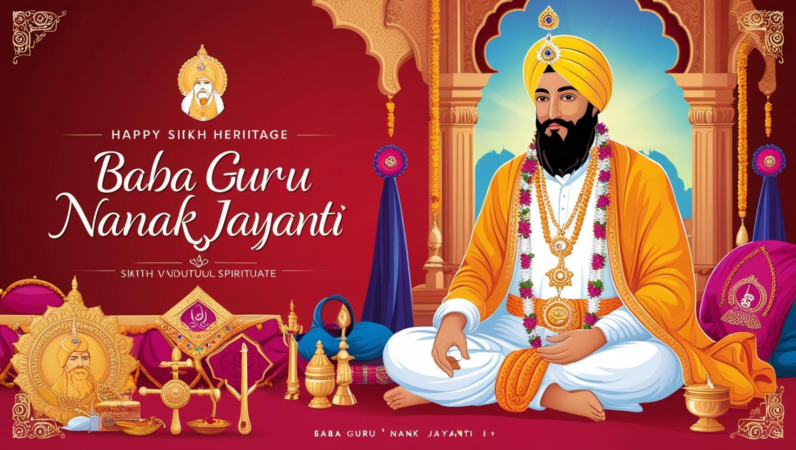
Religious Pilgrimage: Thousands of Sikh pilgrims from around the world visit Nankana Sahib, Guru Nanak’s birthplace, to participate in the celebrations.
Interfaith Harmony: The festival promotes interfaith harmony and strengthens bonds between communities. The Pakistani government facilitates these visits, emphasizing Pakistan’s commitment to religious freedom and inclusivity.
10. Nowruz – (The Persian New Year)
Nowruz, celebrated primarily in Gilgit-Baltistan and Balochistan, marks the Persian New Year and the arrival of spring. Though it is a Zoroastrian and Shia tradition, Nowruz is widely celebrated by people from various backgrounds.
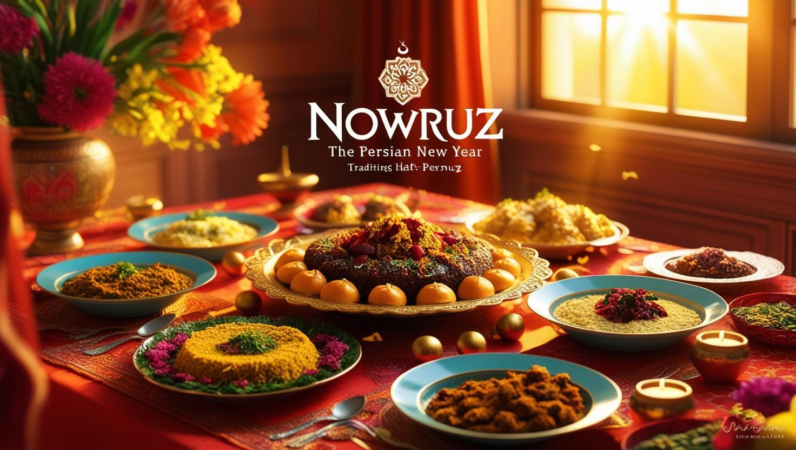
Conclusion
Pakistan’s diverse festivals reflect its rich heritage, cultural depth, and religious tolerance. These celebrations not only honor age-old traditions but also create opportunities for cultural exchange and unity within communities. By embracing such diversity, Pakistan presents itself as a country that celebrates its people’s unique identities while fostering a collective spirit of harmony and joy.
۔۔۔۔۔۔۔۔۔۔۔۔۔۔۔۔۔۔۔۔۔۔۔۔۔۔۔۔۔۔
You May Also Like:
